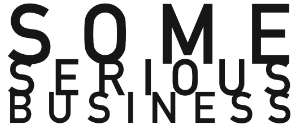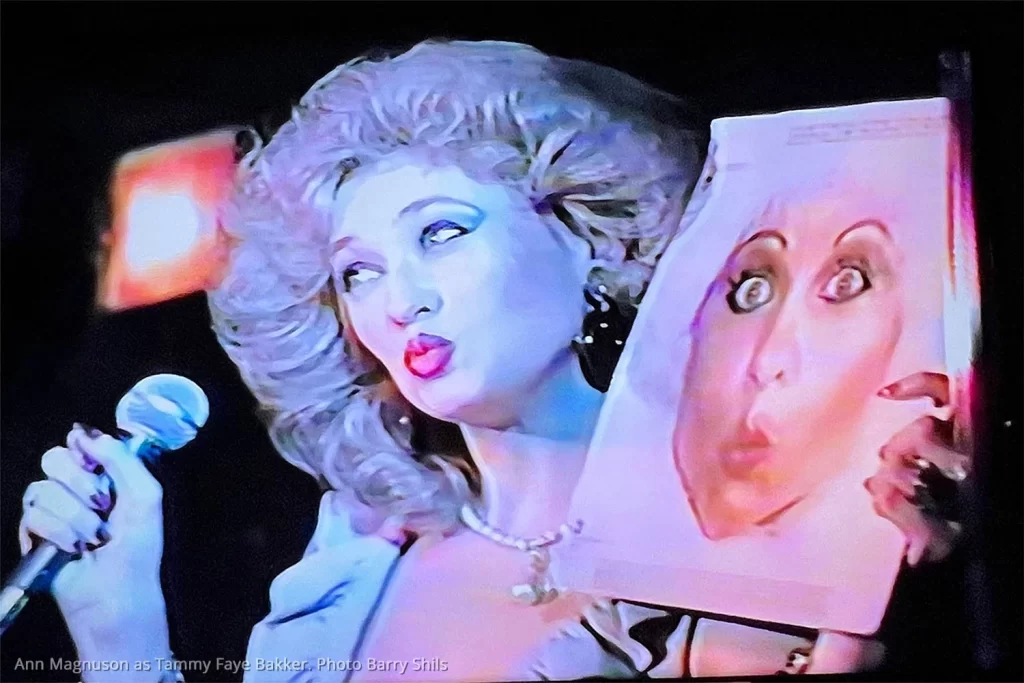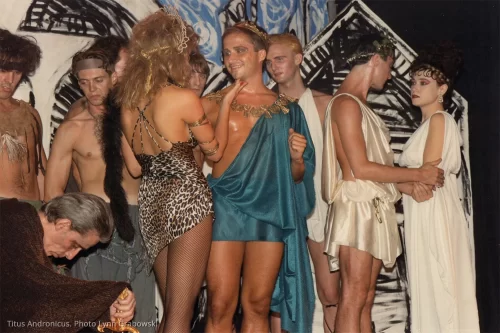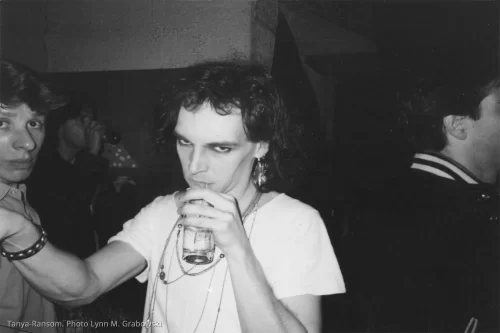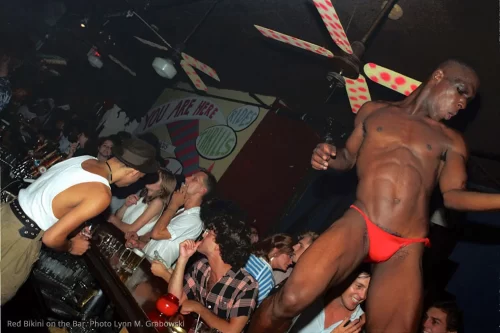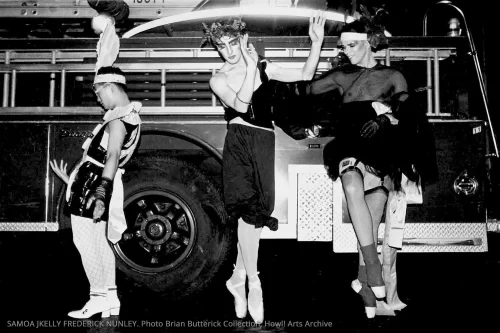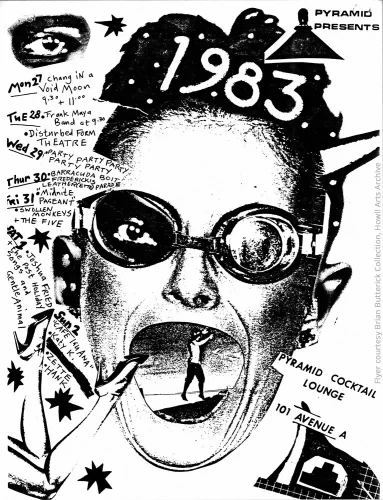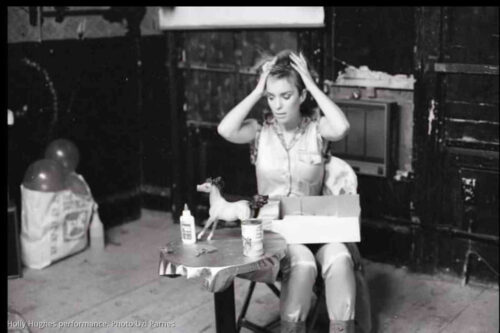“We Started a Nightclub”
The Birth of the Pyramid Cocktail Lounge as Told by Those Who Lived It
ZOOM Webinar:
with Susan Martin and Kestutis Nakas
Moderated by Yael Friedman
Thursday, July 25, 2024 / 6 PM ET / FREE
Village Preservation and Some Serious Business are pleased to present Weimar on the Hudson — Cabaret in Reagan’s New York — The Pyramid’s singular role in the comet tail of counterculture in New York.
The Pyramid’s embodiment of these ideals arose from the combination of founder Bobby Bradley’s genius and his own brand of Southern Hospitality. His eye and feel for talent, his ethos of a home for the misfits, the real ones, the talented ones, the queer, the straight, the brilliant but joyful, the brilliant but sad and yearning – ambitious about art and collaboration but not career or conventional success. Before AIDS would tear its way across this galaxy of bright stars, they lit up the top of the Pyramid’s bar and stage and downstairs Lounge, pouring out onto the street at 4am going back to their homes away from their Ave A home.
On July 25th, 2024, the writer Yael Friedman will moderate a conversation about the new oral history of the Pyramid with its co-authors Susan Martin and Kestutis Nakas. In “We Started a Nightclub”, Martin, Nakas, and Brian Butterick, who unfortunately passed away before the book’s completion, have provided an oral history that serves as both vivid history and invaluable archive. It captures the moments, the voices, the entire era and the Pyramid’s very specific air of both defiance and refuge. The Pyramid fostered so much experimentation and development of unadulterated talent that needed this space not only from the stifling suburbs of Ohio, small towns of the South, or provincialism found across the globe, but also as an antidote to rest of the more hierarchical nightlife in the city itself.
As one of its supernovas Ann Magnuson described it so perfectly in the oral
history:
The critical community at the time came primarily out of Soho and the emphasis was on the minimal, the conceptual. We didn’t give a shit if they hated us. ‘in fact, you better hate it,’ I thought, ‘I’m gonna do something to make you hate it even more.’ I wanted to needle them. You get into the face authority, and you have two choices, comply or defy. Our choice was to defy. The ‘doing of it’ was the political act. Even if there wasn’t a hint of overt politics in the content, the sheer unmarket-ability of it all was a supremely political act in Reagan’s America. First and foremost, these performances were life-affirming acts.
ZOOM Webinar:
with Susan Martin and Kestutis Nakas
Moderated by Yael Friedman
